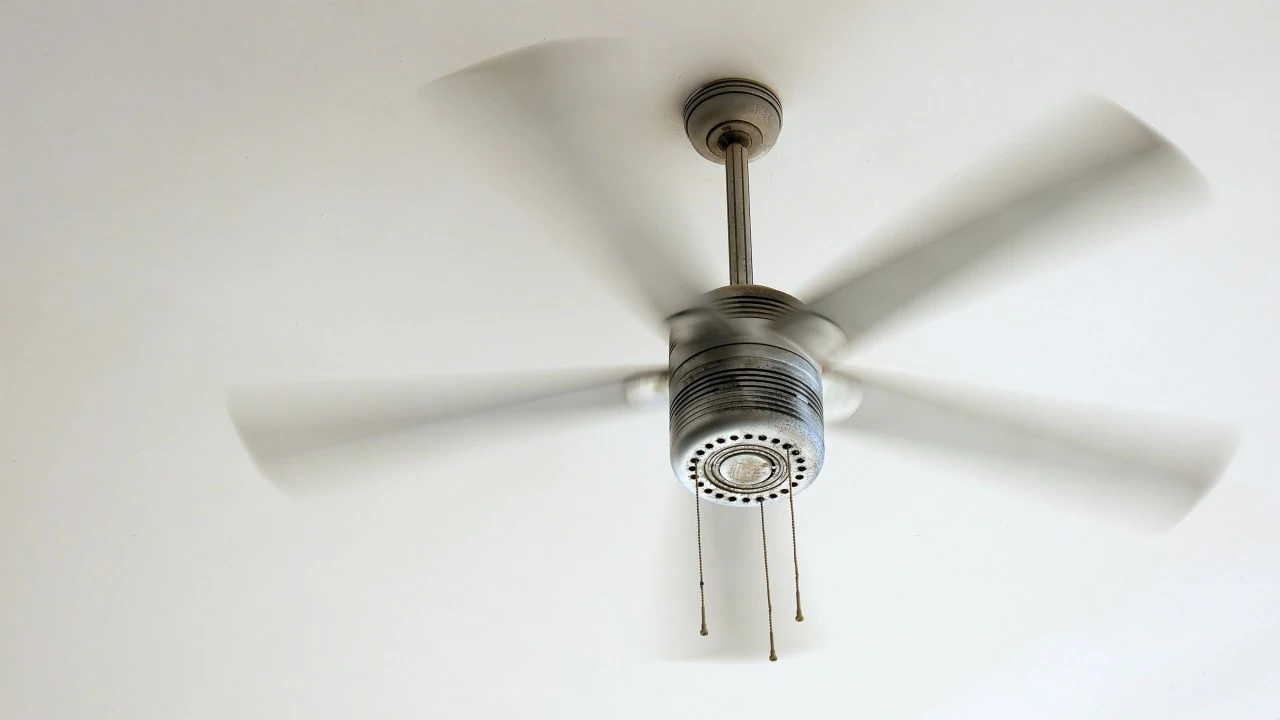Republicans on the House Small Business Committee pressed Energy Secretary Jennifer Granholm on Thursday for answers on proposed energy-efficiency standards for ceiling fans.
The proposed standards were first published in the Federal Register in June, and the comment period closed earlier this week. According to the Energy Department, the rule as applied to standard residential ceiling fans would cut fan-related electricity costs by about 40 percent relative to the least efficient fans currently available.
The House panel presented the rules as burdensome to ceiling fan manufacturers, particularly smaller ones.
“This proposed rule would decrease the maximum estimated energy consumption permissible for large diameter and belt driven ceiling fans,” committee Republicans wrote. “This rule would require numerous small business fan manufacturers to redesign their products and may put between 10 and 30 percent of small business ceiling fan manufacturers out of business. It appears that the Department of Energy may not have properly considered small entities during this rulemaking process.”
An Energy Department spokesperson told The Hill this aspect has been mischaracterized, saying in an email that the one-time total conversion cost would be about $107 million for all manufacturers.
“The incremental cost to consumers is $86.6 million annually, while the operating cost savings are $281 million annually — both at a 7 percent discount rate,” the spokesperson said. “The savings are more than triple the incremental costs.”
The spokesperson noted the standards, “which are required by Congress,” would not be in effect for five years and would save Americans “up to $369 million per year, while substantially reducing harmful air pollution — a crucial fact that some have conveniently failed to mention.”
…
Efficiency standards for home appliances have become culture war flashpoints under the Biden administration. The administration has restored a number of efficiency rules rolled back under the Trump administration, including for shower heads, water heaters and gas furnaces.
The most umbrage, however, has been reserved for efficiency regulations over gas stoves, beginning last year when Consumer Product Safety Commissioner Richard Trumka Jr. approved a request for information on hazards associated with the devices, which the CPSC formalized in March. Although Trumka has said there are no plans to ban gas stoves, House Republicans have introduced formal legislation this year to legally prevent such a ban.



You have any idea what it costs to get an approval and navigate this? You think a start-up can afford to hire very high priced people or services to do this? You think they have the time for small owners to focus on this when typically they are near break even to begin?
I really hope, if its a company designing and manufacturing their own fans, that they have an engineer already. Theres already electrical codes they have to meet. So i dont see any additional cost to a startup.
There may be some code but much of it is in the motor of which will already be approved. The mechanics is where much of this arises and you don’t need engineers to design this is you have any talent. Also an engineer might be done in the design and that is the easiest part. But they don’t engage into the regulatory part to get something approved. I have hoped engineers and that it typically bit what they do. If it is a firm, they may have people that can do this for you.
For example, I took a electronic device and made it intrinsically safe without engineers. It took about a year and 100,000 to get a double simple CSA sticker on it. In that year, that was a great deal of my own time to do this. Time less doesn’t t trying to build up a business. Money spent that could better go to employees.
All of it is in the motor! This is a regulation about power draw
Oh I wish. Motors alone are super efficient. I wouldn’t be certain how they would calculate fan efficiency exactly but I suspect it will be based on some heat to CFM ratio. A standard cocoanut like CSA will likely have to be engaged to do the testing. Is very expensive. I done stuff like this before.